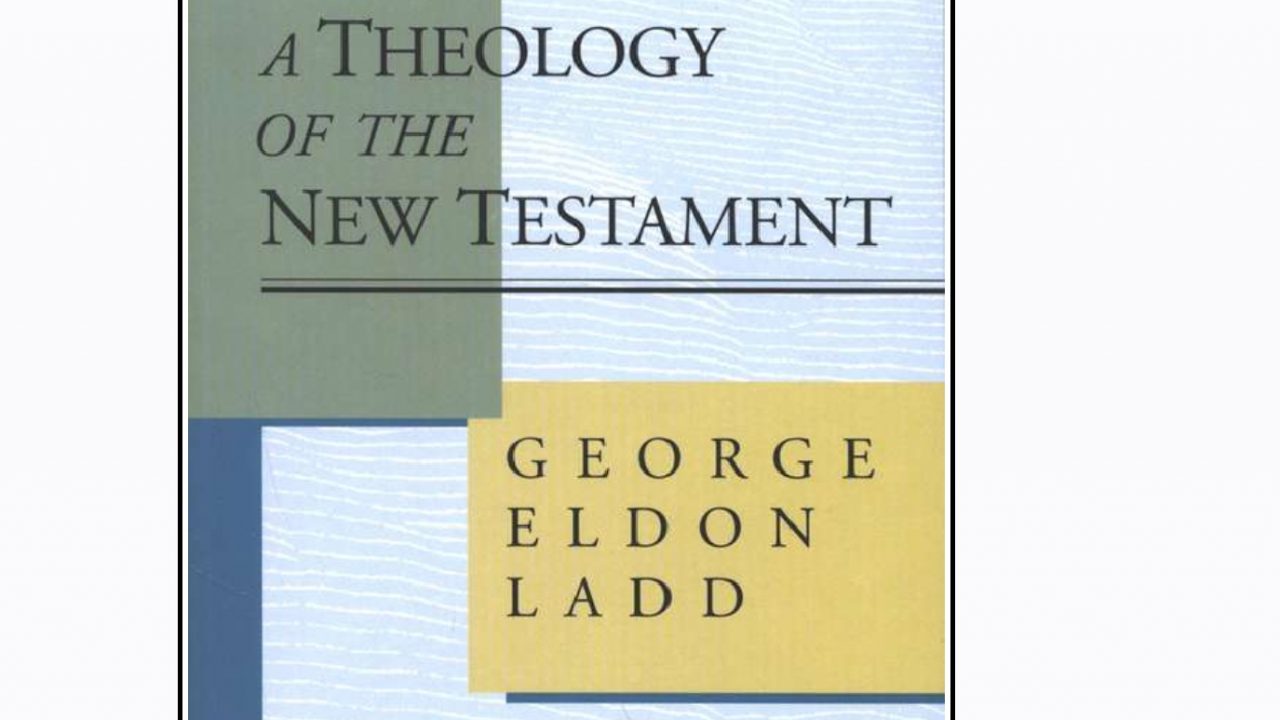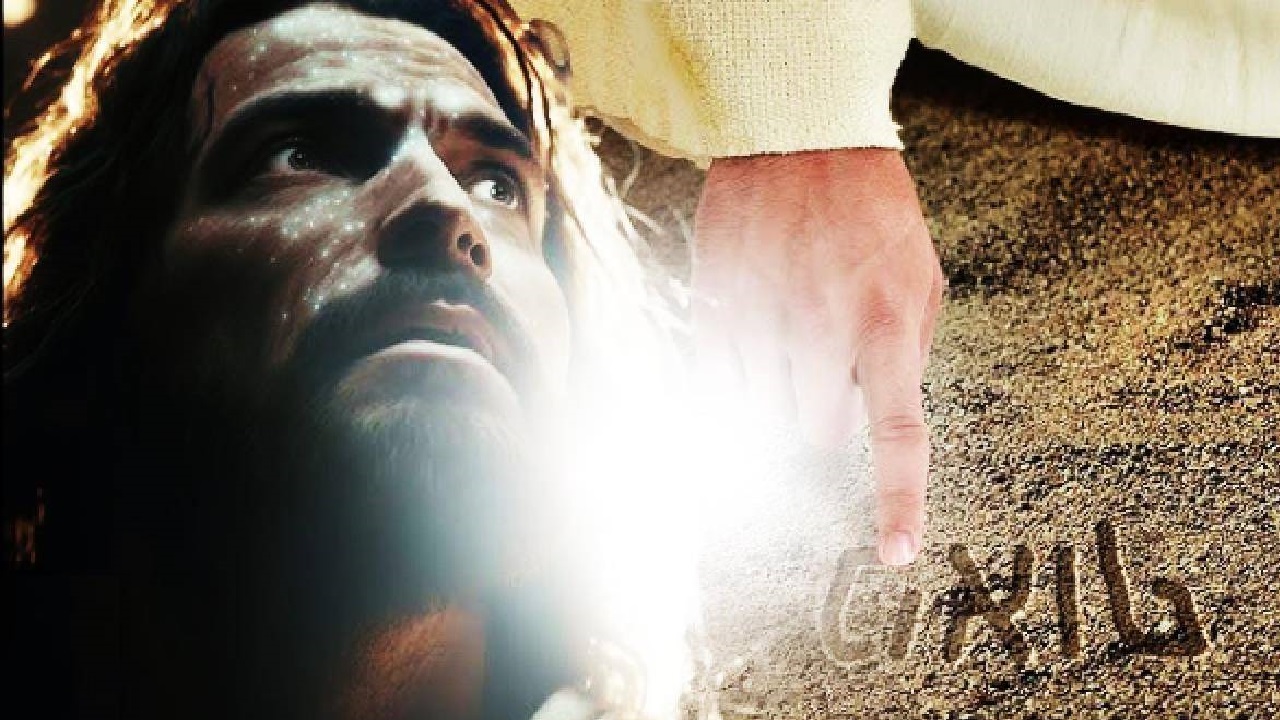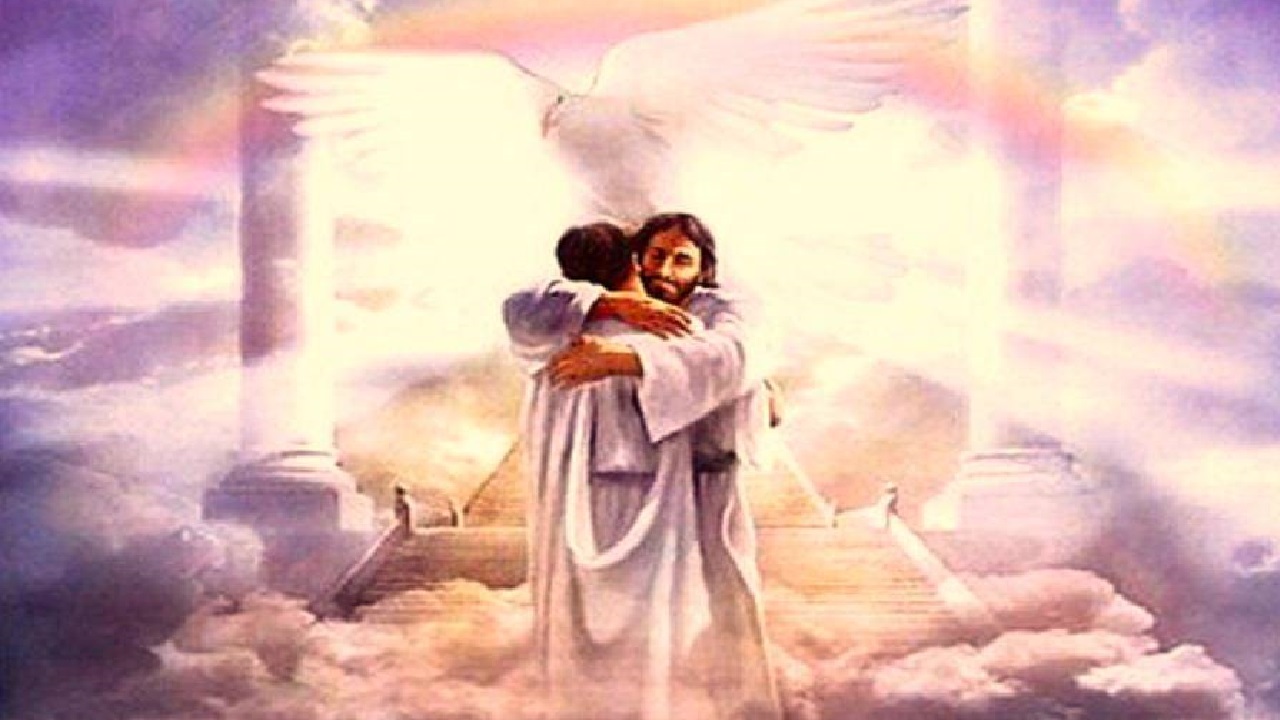by G.E. Ladd
“Somewhere in this historical development emerged a new idiom – this age and the Age to Come…The idiom emerges into full expression in Jewish literature only in the first century A.D. in the books of IV Ezra and Apocalypse of Baruch. (Footnote: See IV Ezra 7:50, ‘The Most High has made not one Age but two’; 8:1, ‘This age the Most High has made for many, but the age to come for few.’ See also IV Ezra 7:113; Apoc. Bar. 14:13; 15:7)…”
“Whatever be the origin of the specific idiom, the idea expressed by it goes back to the Old Testament contrast between the present world and the future redeemed order. It provides the framework for Jesus’ entire message and ministry as reported by the Synoptic Gospels. The full idiom appears in Matthew 12:32: ‘ Whoever speaks against the Holy Spirit will not be forgiven, either in this age or in the age to come’… Jesus contrasts [the disciples’] situation ‘in this time’ with the eternal life that they will experience ‘in the age to come’ (Mk. 10:30). The idiom ‘this time’ (en to kairo touto) is a synonym for ‘this age’ (see Rom. 8:18).”
“There is no New Testament word for ‘eternity,’ and we are not to think of eternity as the Greeks did, as something other than time. In biblical thought eternity is unending time. In Hellenism men longed for release from the cycle of time in a timeless world beyond, but in biblical thought time is the sphere of human existence both now and in the future. The impression given by the AV [KJV] at Revelation 10:6, ‘there should be time no longer’ is corrected by the RSV [and all modern translations] ‘there should be no more delay.’ The entire New Testament expresses the idea of eternity by the idiom eis ton aiona, translated ‘forever’ (MK. 3:29), or eis tous aionas (Lk. 1:33, 35), and sometimes eis tous aionas ton aionon (Gal. 1:5; 1 Pet. 4:11; Rev. 1:18) — ‘unto the ages of the ages,’ translated ‘forever and ever.’”
“The attaining of ‘that age,’ i.e. the Age to Come, is a blessing reserved for God’s people. It will be inaugurated by the resurrection from the dead (Lk. 20:35)…Resurrection life is therefore eternal life – the life of the Age to Come – the life of the kingdom of God. Not only resurrection marks the transition from this age to the coming age; the Parousia of Christ will mark the close of this age (Mt. 24:3)…The character of this age is such that it stands in opposition to the Age to Come and the Kingdom of God…Everything in the Gospels points to the idea that life in the Kingdom of God in the Age to Come will be life on the earth – but life transformed by the kingly rule of God when his people enter into the full measure of the divine blessings (Mt. 19:28).”




